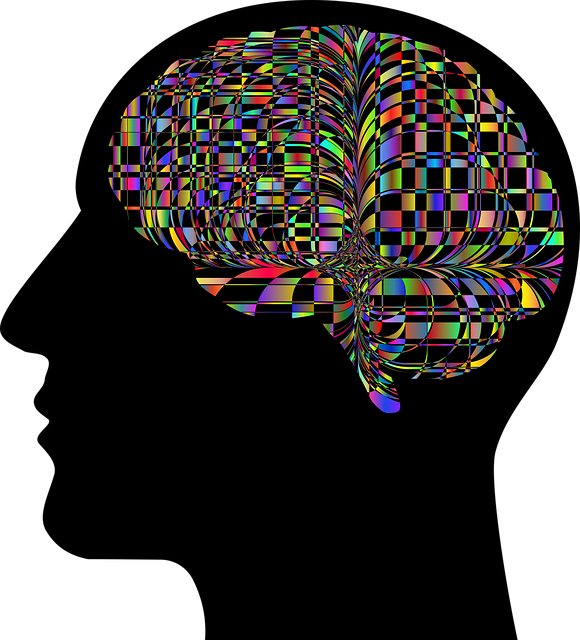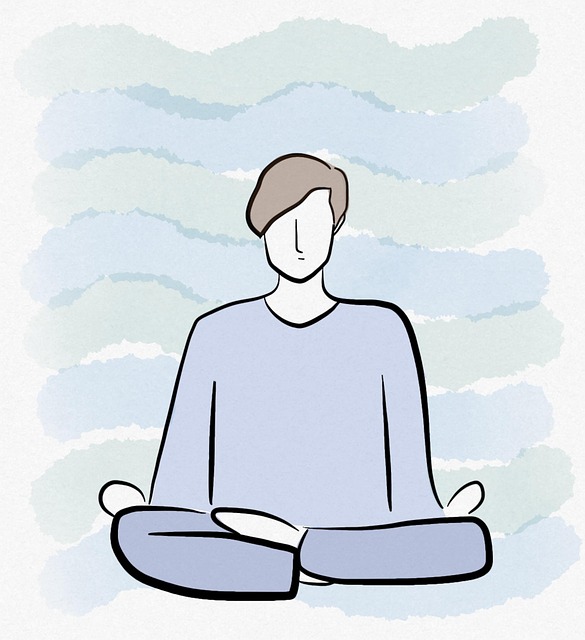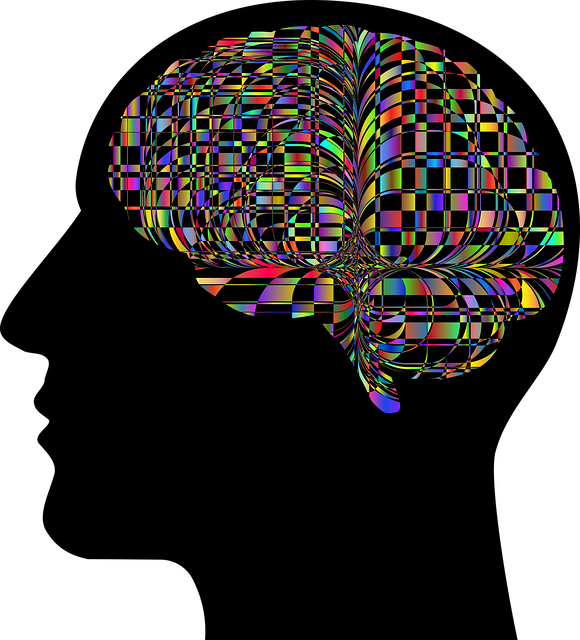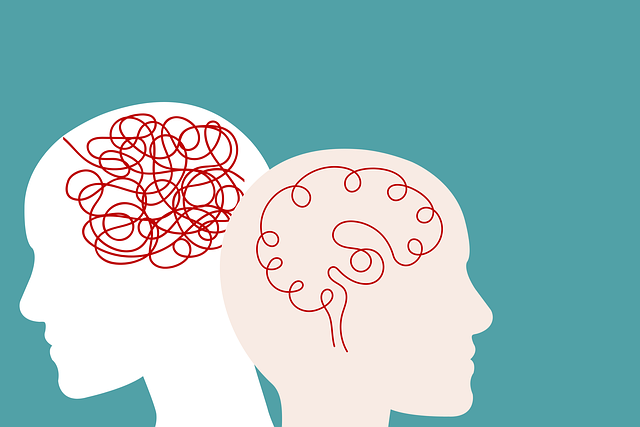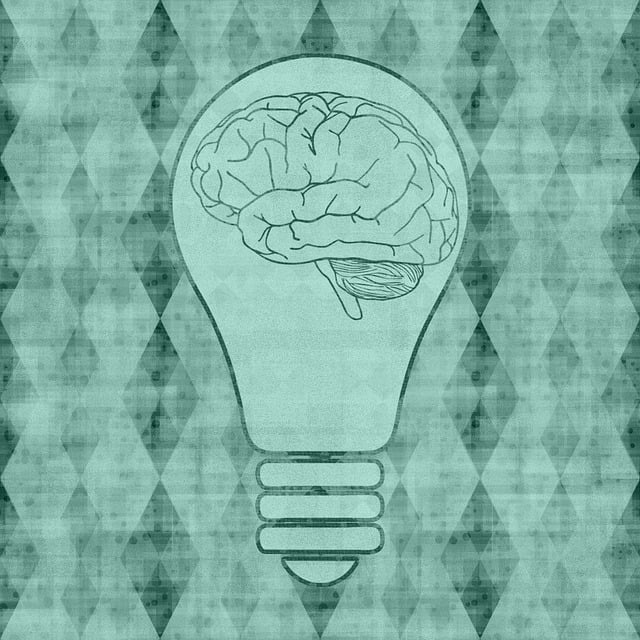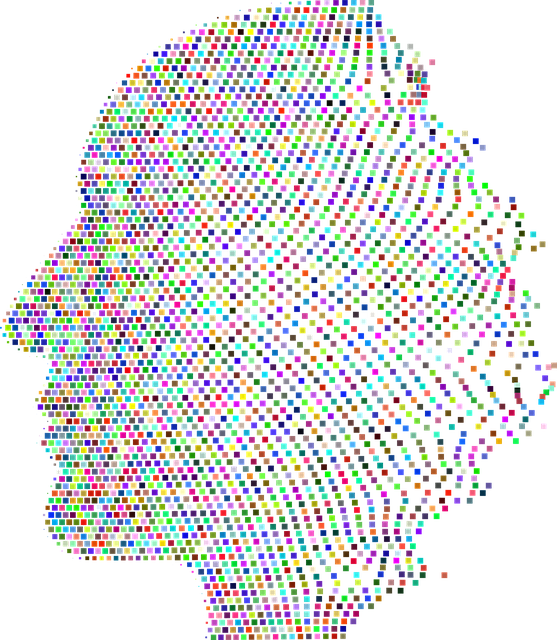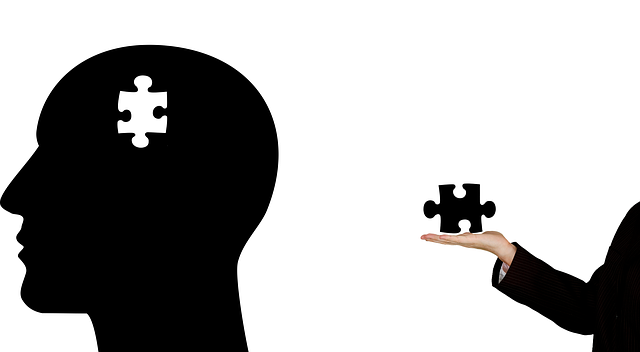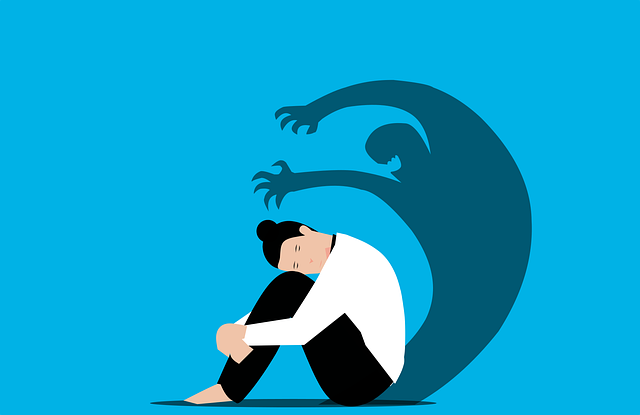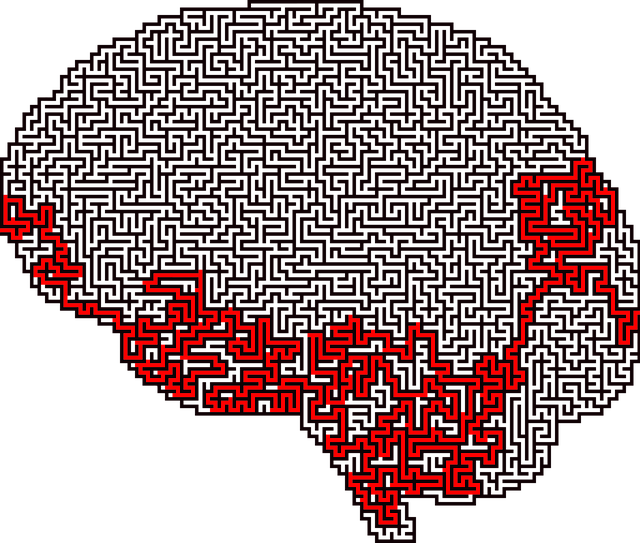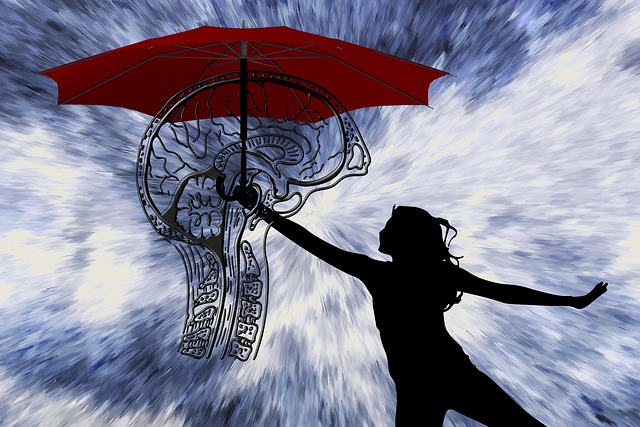Mental Health Literacy is key to fostering supportive environments for individual well-being, focusing on understanding mental health conditions, causes, and coping strategies. Golden Mindfulness Therapy leverages mindfulness techniques through community outreach like workshops and educational sessions. Tools like Mental Wellness Journaling Exercise Guidance help individuals track thoughts and emotions. Integrating Golden Mindfulness Therapy into education programs equips people with effective coping mechanisms, enhances self-regulation, and promotes mental wellness through practices like meditation and breathing exercises. Interactive sessions, group discussions, and public awareness campaigns reinforce mindfulness as a lifelong skill for overall emotional well-being. An innovative program combines theoretical knowledge with experiential learning, fostering peer support and advocating for emotional health.
Mental health education programs play a vital role in fostering well-being and resilience. This article explores key aspects of designing effective programs, focusing on enhancing mental health literacy and its profound impact on individuals and communities. We delve into integrating Golden Mindfulness Therapy, an evidence-based practice, to create engaging curricula that promote emotional intelligence and coping strategies. By understanding the power of mindfulness, educators can design inclusive and impactful programs, empowering folks with valuable tools for navigating life’s challenges.
- Understanding Mental Health Literacy and Its Impact
- Integrating Golden Mindfulness Therapy into the Program
- Designing an Engaging and Effective Education Curriculum
Understanding Mental Health Literacy and Its Impact

Mental Health Literacy is a crucial component of overall wellness education and plays a pivotal role in fostering a supportive environment for individuals’ mental well-being. It involves understanding common mental health conditions, their causes, symptoms, and effective strategies to promote mental balance. By enhancing mental health literacy, individuals gain valuable insights into their own minds and emotions, enabling them to navigate life’s challenges with increased resilience.
This concept is particularly relevant in the context of Golden Mindfulness Therapy, which emphasizes the power of mindfulness techniques in building resilience. Through community outreach program implementations, such as workshops and educational sessions, people can learn practical skills to manage stress, improve focus, and enhance overall mental wellness. A simple yet effective tool like Mental Wellness Journaling Exercise Guidance can empower individuals to track their thoughts, emotions, and progress, fostering a deeper connection with their mental health journey.
Integrating Golden Mindfulness Therapy into the Program

Integrating Golden Mindfulness Therapy into a mental health education program is a strategic move to empower individuals with effective coping mechanisms. This therapy focuses on cultivating present-moment awareness and non-judgmental attention, which are essential components of fostering resilience and well-being. By incorporating practices such as mindfulness meditation, breathing exercises, and body scans, participants can develop a deeper understanding of their thoughts and emotions, leading to improved self-regulation.
The program design should facilitate interactive sessions where learners engage in these techniques regularly. This could involve guided meditations led by trained facilitators, followed by group discussions on personal insights gained. Additionally, promoting self-care routines that include mindfulness practices can support individuals in maintaining mental health between formal program sessions. Effective communication strategies, encouraged through public awareness campaigns, can further reinforce the importance of mindfulness as a lifelong skill for enhancing overall mental wellness.
Designing an Engaging and Effective Education Curriculum

An engaging and effective mental health education program should incorporate dynamic teaching methods that cater to diverse learning styles. Golden Mindfulness Therapy offers a powerful framework for promoting emotional well-being, with techniques designed to enhance emotional regulation skills. By integrating interactive activities, case studies, and role-playing exercises, educators can create an immersive environment that encourages active participation. This hands-on approach allows learners to apply mindfulness practices in real-life scenarios, fostering practical understanding and personal connection.
Furthermore, incorporating social skills training within the curriculum facilitates peer support and collaborative learning. Encouraging open discussions and group activities promotes emotional expression and empathy, essential components of a supportive learning community. By balancing theoretical knowledge with experiential learning, the program ensures that participants not only grasp conceptual frameworks but also develop practical tools for navigating mental health challenges. This holistic approach prepares individuals to become advocates for their own and others’ emotional well-being.
Mental health education programs, enriched with evidence-based practices like Golden Mindfulness Therapy, can significantly improve literacy and well-being. By integrating engaging curriculum design, we can foster meaningful learning experiences that resonate with diverse audiences. This approach ensures individuals gain valuable skills to navigate their mental health journeys effectively, ultimately reducing stigma and promoting holistic well-being in communities.



